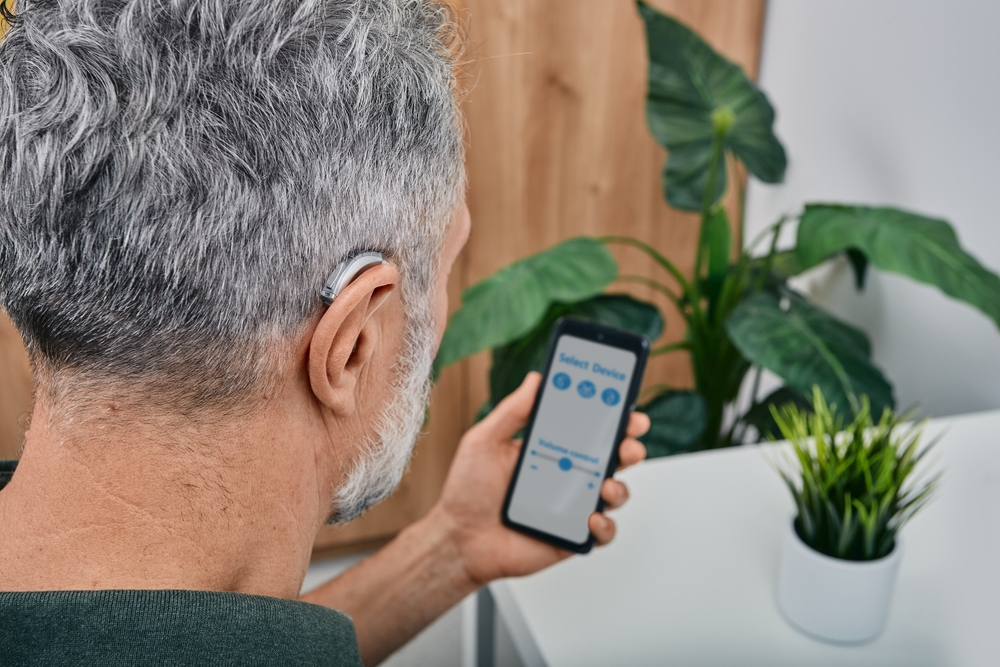
Even mild hearing loss can substantially impact everyday life, influencing relationships with friends, family members, and colleagues, as well as complicating regular tasks like grocery shopping. But transformative changes can be brought about by the use of properly tuned hearing aids.
Top ten reasons to invest in hearing aids
While the chief benefit of hearing aids is obvious, improved hearing, their impact goes far past mere auditory enhancement. Let’s investigate the comprehensive advantages that wearing hearing aids can provide.
Stronger relationships through stronger communication
Clear communication is the cornerstone of healthy relationships. Neglected hearing loss frequently results in lost conversations and misunderstandings, which can stress relationships. Feelings of separation and stress will be reduced and your ability to communicate with others will be enhanced by using hearing aids.
Being more independent
Basic tasks like shopping or dining out can become difficult with untreated hearing loss, as barriers to communication could develop. Your ability to understand speech and hear in various environments will be strengthened by hearing aids, allowing you to navigate these situations more independently. Having a greater sense of independence will help you do things that demand improved situational awareness like driving, for example.
Possibility of earning more
In professional situations, effective communication is crucial. Your job efficiency and career development can be diminished by untreated hearing loss which can affect how you participate in meetings and other work-associated gatherings. By using hearing aids, you can remain engaged and alert, enhancing your productivity and opening doors to career opportunities.
Decreased Tinnitus Symptoms
Tinnitus, characterized by ringing in the ear, often accompanies hearing loss. Many people find that wearing hearing aids helps mask tinnitus sounds, offering relief and improving overall comfort.
Mitigated cognitive decline
A link between mental decline and dementia, and hearing loss has been suggested by the results of some research. By addressing hearing loss with hearing aids, you could decrease the risk of cognitive impairment and maintain better overall brain health.
The pleasure of music
The perception of music will be less enjoyable if hearing loss is altering your perception of it. The fullness and richness of musical sounds can be restored by hearing aids which fill in the gaps in frequency so you can take pleasure in your favorite songs once more.
Increased confidence
Whether you’re in a social or professional setting, being able to hear better will give you more confidence. Your general quality of life will be improved and you will feel more capable when you can communicate better.
Having more energy
Neglected hearing loss pushes the brain to work extremely hard to fill in missing sound which can be mentally draining. Hearing aids decrease this strain, providing mental relief and allowing you to enjoy activities without feeling constantly fatigued.
Improved safety and awareness
Awareness of one’s environment is essential for safety, whether it’s crossing the road or driving a vehicle. Environmental sounds can be restored by hearing aids, ensuring that your response to things including alarms and approaching vehicles is safe and correct.
Establishing an example that is positive
You will set a positive example for others going through hearing loss by welcoming hearing aids and demonstrating an approach to health and well-being that is positive. It exhibits a commitment to personal growth and improvement, inspiring people around you.
Get your hearing tested today
Hearing aids are primarily designed to help you hear better, but numerous other aspects of your life can be profoundly affected too. Hearing aids are a positive step to a better quality of life, whether that means increased independence, stronger cognitive health, enhanced relationships, or a combination of these.
Schedule an appointment for a hearing exam today and take the initial steps to better hearing.

